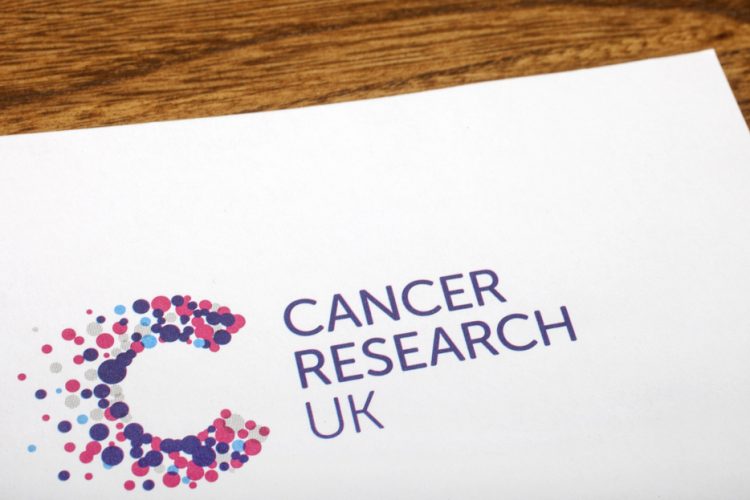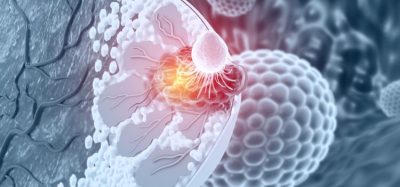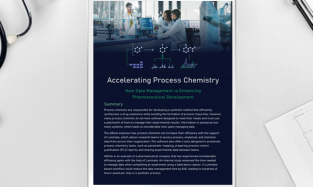Cancer Research UK launches trial to test new drug
Posted: 23 August 2017 | Dr Zara Kassam (European Pharmaceutical Review) | No comments yet
A clinical trial to test a new cancer drug in patients with advanced solid tumours, launches in four centres across the UK…


A clinical trial to test a new cancer drug in patients with advanced solid tumours, launches in four centres across the UK today, through Cancer Research UK’s Centre for Drug Development.
In the first part of the trial, groups of patients will receive increasing doses of the drug, called LY3143921 hydrate, to find the safest dose that best targets the cancer cells. The drug, discovered by Eli Lilly, was brought to Cancer Research UK through the charity’s Clinical Development Partnership scheme.
In the second part, larger groups of patients will receive the highest tolerated dose, so that researchers can investigate how the drug is working on the cancer cells.
This early phase trial will test the safety and tolerability of the drug and establish the recommended dose for patients with a variety of cancers including advanced bowel, lung, ovarian, urothelial, pancreatic, breast, head and neck, and oesophageal cancer.
The drug has not yet been tested in people but has shown promise in mice by selectively inhibiting Cdc7, a protein that helps cells to reproduce correctly.
Cancer cells are more dependent on Cdc7 than normal cells, causing them to be more sensitive to growth inhibition by this Cdc7 inhibitor.
Researchers also believe that cancers that have a particular fault in their p53 gene may be particularly sensitive to inhibition of Cdc7. This study will focus on metastatic bowel cancer, squamous non-small cell lung cancer and high grade serous ovarian cancer, all of which have high levels of p53 mutation and functional loss.
They will also investigate other tumours with reported higher levels of p53 loss or mutation including squamous carcinoma of the oesophagus, squamous carcinoma of the head and neck, urothelial cancer, triple negative breast cancer and pancreatic cancer.
The drug will be delivered orally once a day for 21 days and this cycle will then be repeated up to 12 times.
Professor Richard Wilson, Cancer Research UK-funded clinical researcher and chief investigator at the Northern Ireland Cancer Centre, said: “We hope that this new cancer drug might – in the future – provide patients who have tried all available treatment options another opportunity to stop their cancer cells from multiplying and control their disease.
“It’s very early days, but this trial will help us to understand whether this drug could help cancer patients and whether it has the potential to stop the growth of many different cancer types, particularly those with loss of p53 function.”
Dr Nigel Blackburn, Cancer Research UK’s director for drug development, said: “Finding new ways to tackle hard to treat cancers is a crucially important area of research and a priority for Cancer Research UK.
“At our Centre for Drug Development, we work across the academic, pharmaceutical and biotechnology sectors to bring much needed new treatments to cancer patients. New drugs like this one to treat advanced types of cancer are vital to ensure three in four people survive their disease by 2035.”
Related topics
Anti-Cancer Therapeutics, Clinical Trials, Drug Development, Drug Safety
Related organisations
Related people
Related diseases & conditions
Bowel cancer, Breast cancer, Cancer, Lung cancer, Pancreatic Cancer, Urothelial cancer









